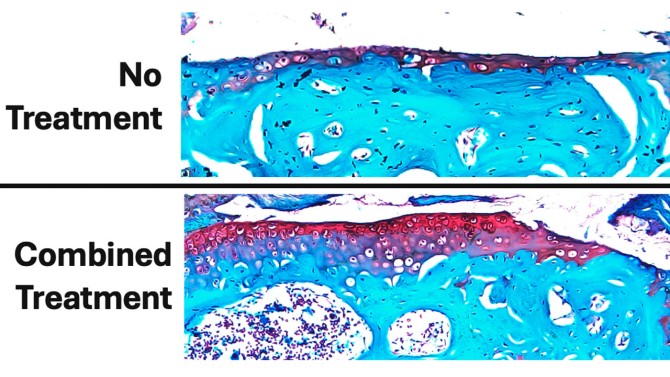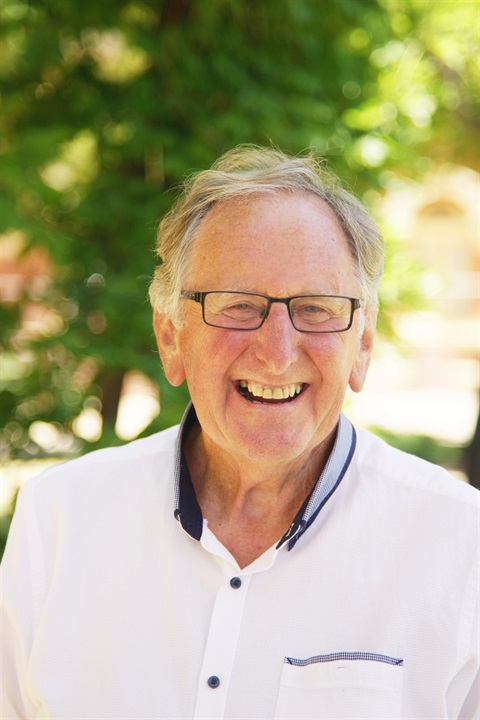Screen Australia has announced a new Access Coordinator Training Program designed to train and support up to 12 people in this new and integral production role. The bespoke training program will be delivered by UK inclusion consultancy Bridge06 in partnership with the New Zealand Film Commission (NZFC), Screen Canberra, Screen NSW, Screen Queensland, Screen Tasmania, Screen Territory, Screenwest, the South Australian Film Corporation (SAFC), VicScreen and the Australian Film Television Radio School (AFTRS).
The Access Coordinator role is an emergent below-the-line crew position becoming more standardised worldwide, and works with film and television productions to bring expert knowledge and experience in facilitating required adjustments and access provisions for Deaf/Disabled or Neurodivergent (DDN) talent in front of and behind the camera. In this role, Access Coordinators ensure that these adjustments are implemented and play a vital part in increasing and sustaining ongoing inclusion of DDN talent and crew in the screen industries.
Screen Australia’s Seeing Ourselves 2: Diversity, Equity and Inclusion in Australian TV Drama examined the diversity of main characters in 361 scripted Australian TV and online dramas broadcast between 2016 and 2021 and how this compares to the Australian population. The report found that while 18% of the Australian population identified as having a disability, only 6.6% of main characters represented disability in TV drama. This means that disability remains very much under-represented and signals more work needs to be done to ensure more people living with disability are reflected in our screen stories.
The Access Coordinator Training Program has been introduced to address this under-representation, support an increase of disability representation across the Australian screen industry and guide the sector to become more inclusive and confident in providing access for people with disabilities.
Screen Australia’s Head of Industry Development Ken Crouch said, “This new program is an important step in meeting the increasing need and demand for inclusive jobs and content that speaks to and represents all Australians. There is a long way to go in improving the representation of disability on our screens and behind our cameras, and I am excited about what this program means for people of the DDN community. I can’t wait to continue to work with the Australian screen industry on implementing this new program and moving towards a more inclusive ecosystem.”
Te Tumu Whakaata Taonga The New Zealand Film Commission (NZFC) CEO Annie Murray said, “Accessibility is a major barrier that excludes some people from participating equitably in the screen sector and we are excited to work in partnership with Screen Australia and Bridge06 to launch this program for the first time in Australasia. This training is part of a much-needed change to increase representation and remove barriers.”
Sara Johnson and Julie Fernandez from Bridge06 train and represent Access Coordinators in the UK and carried out the first formalised training for the role in 2021, funded by British training body ScreenSkills. Julie works as a full time Access Coordinator and together they work with broadcasters and producers to help embed it into the production landscape.
Bridge06 founders and course facilitators, Sara Johnson and Julie Fernandez of Bridge06 said, “The Access Coordinator is a vital piece of the jigsaw to sustainable change for DDN talent and we are excited to continue our collaboration with Sofya Gollan in bringing the role to life in this important production community. We are delighted to be partnering with Screen Australia and NZFC to bring the power and importance of the Access Coordinator role to this production sector, as we continue to collaborate with partners across the globe.”
Successful applicants will participate in the immersive training program held in Sydney from Monday 30 October to Friday 3 November 2023. During the program recipients will receive best practice training and standard working templates from world leading experts, on-set practical training module and will be supported for the following six months as they transition into working in the role.
People who identify as a person living with disability, from Deaf/Disabled and/or Neurodivergent (DDN) communities who are committed to improving disability representation and removing barriers to inclusion are encouraged to apply.








